Baylor University
Waco, TX
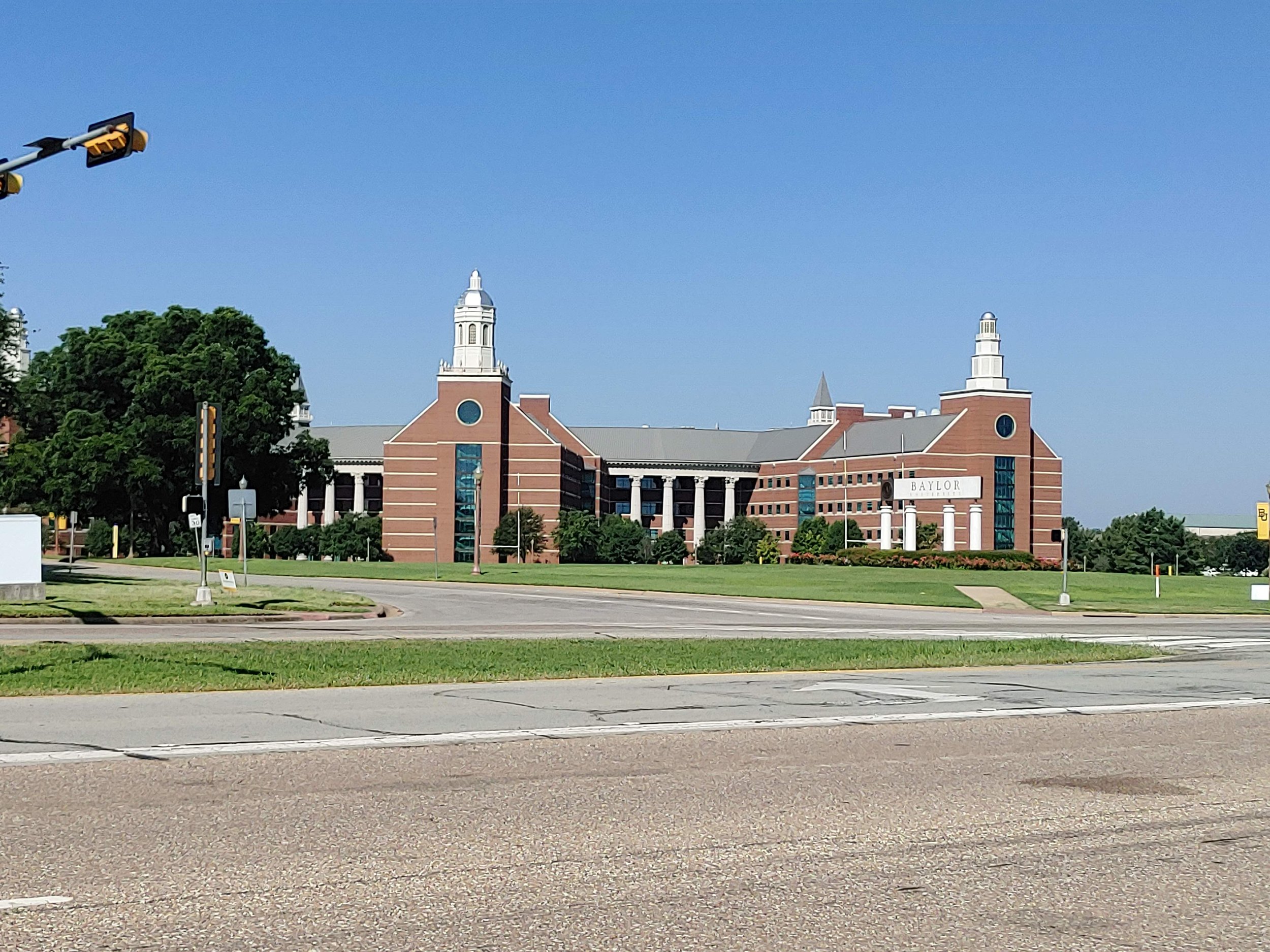
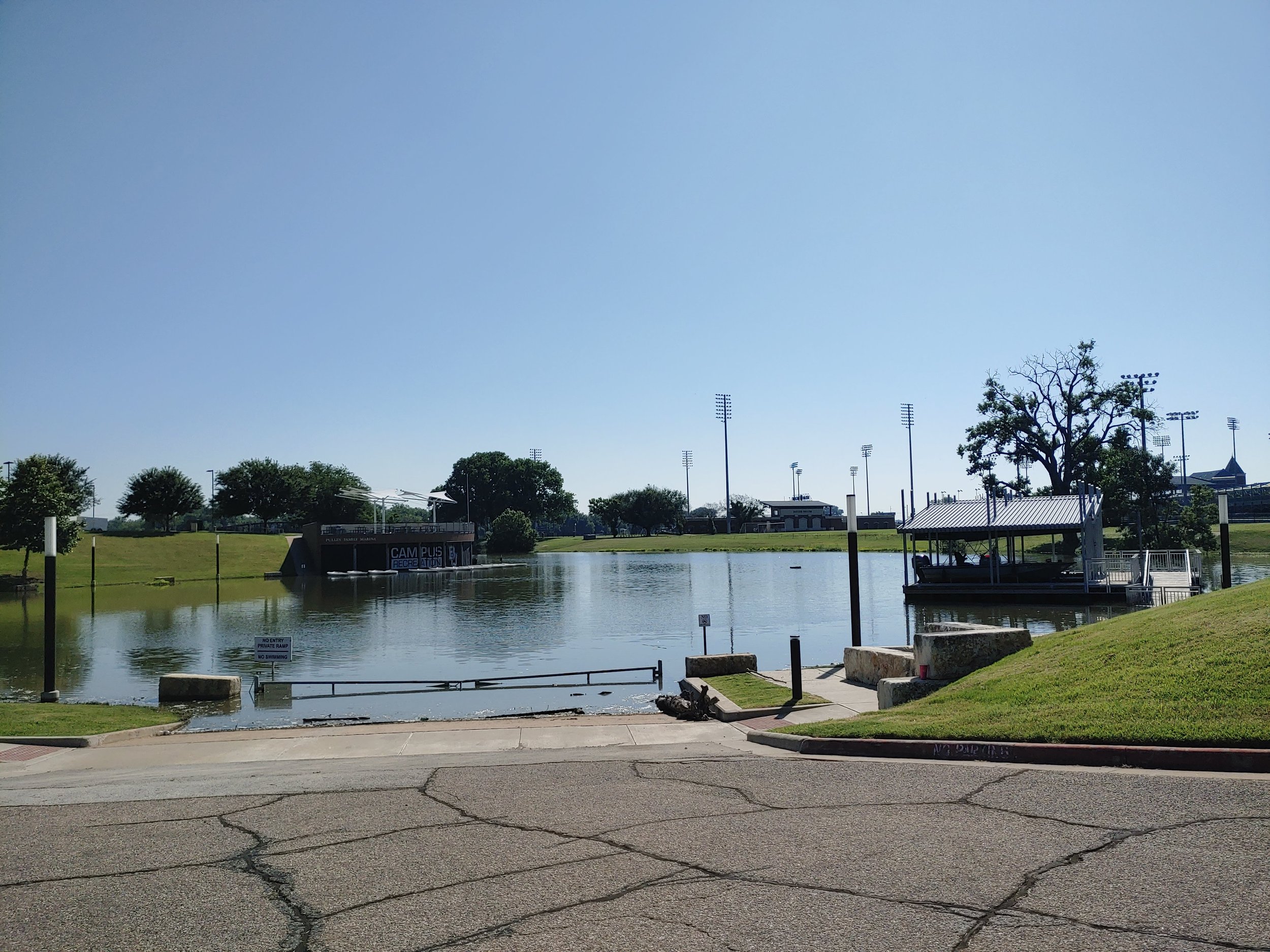
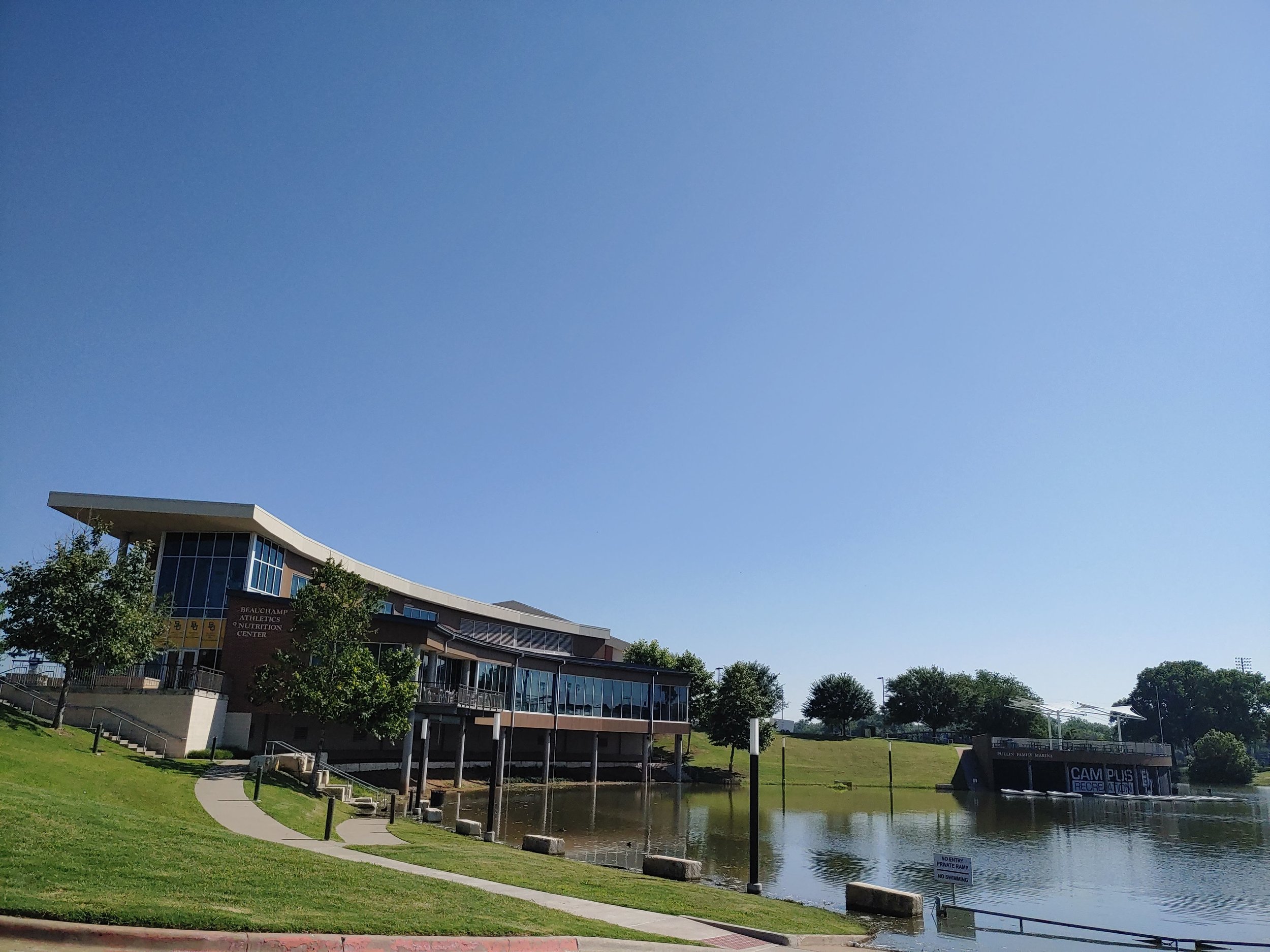
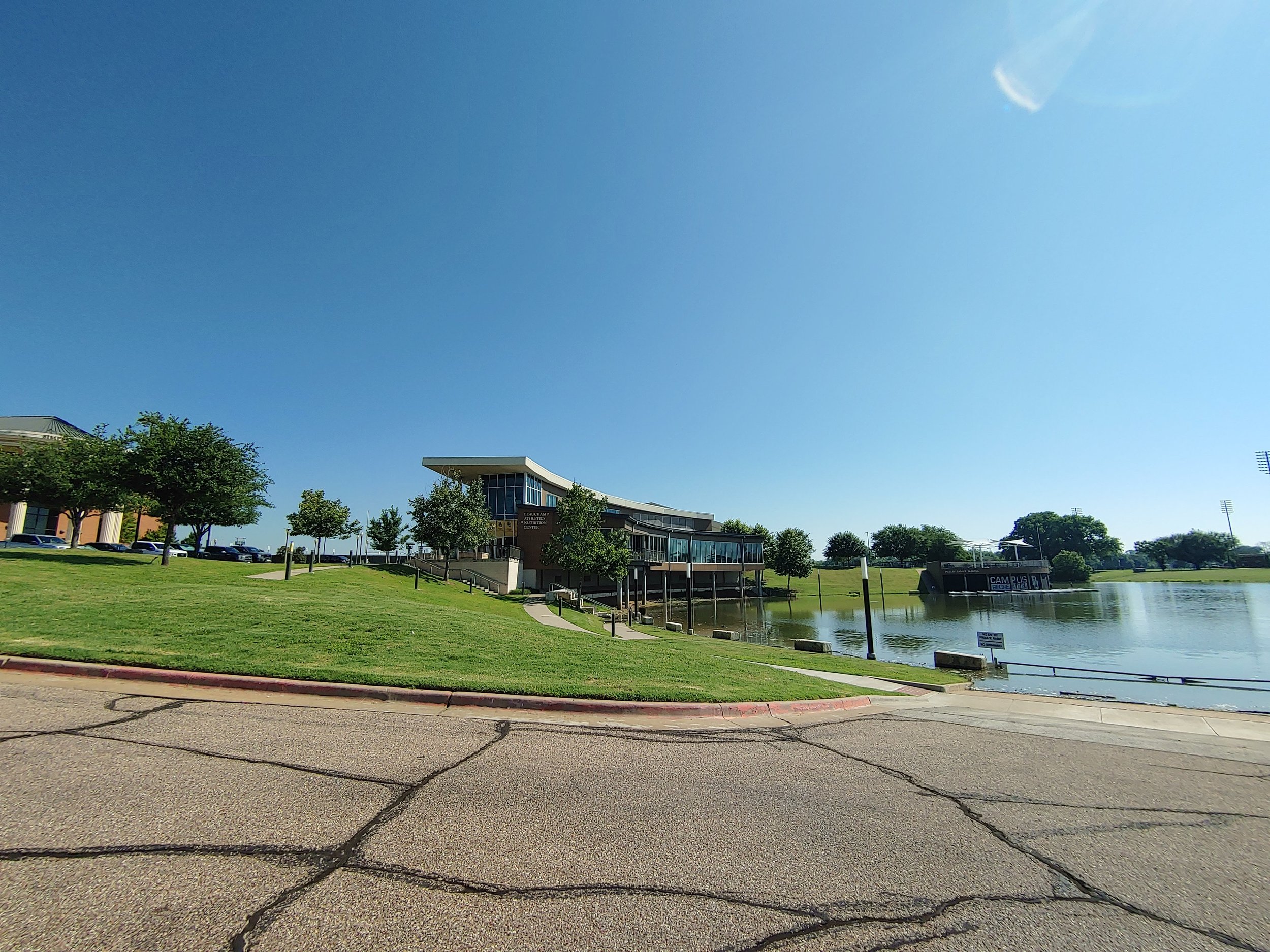
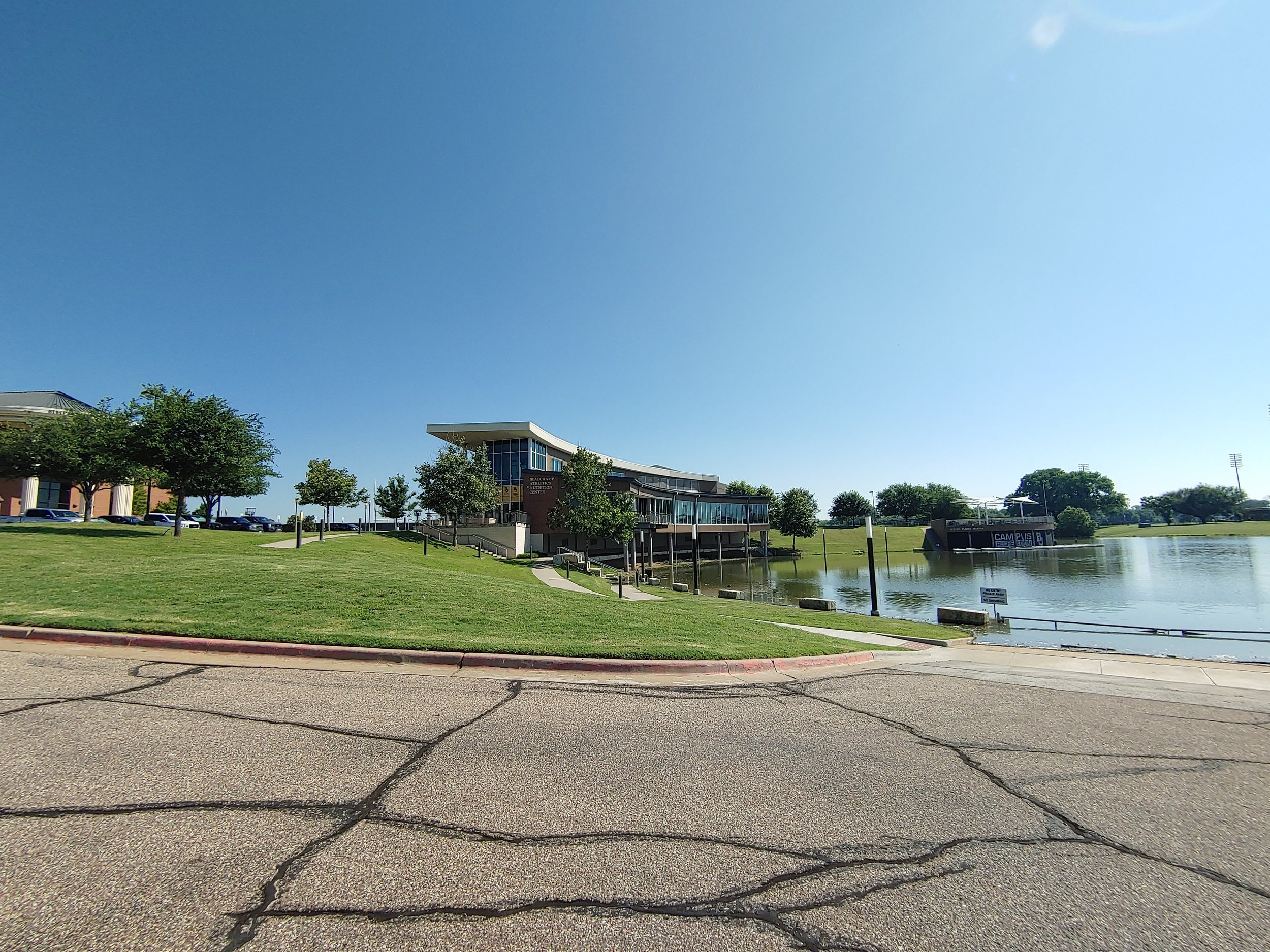
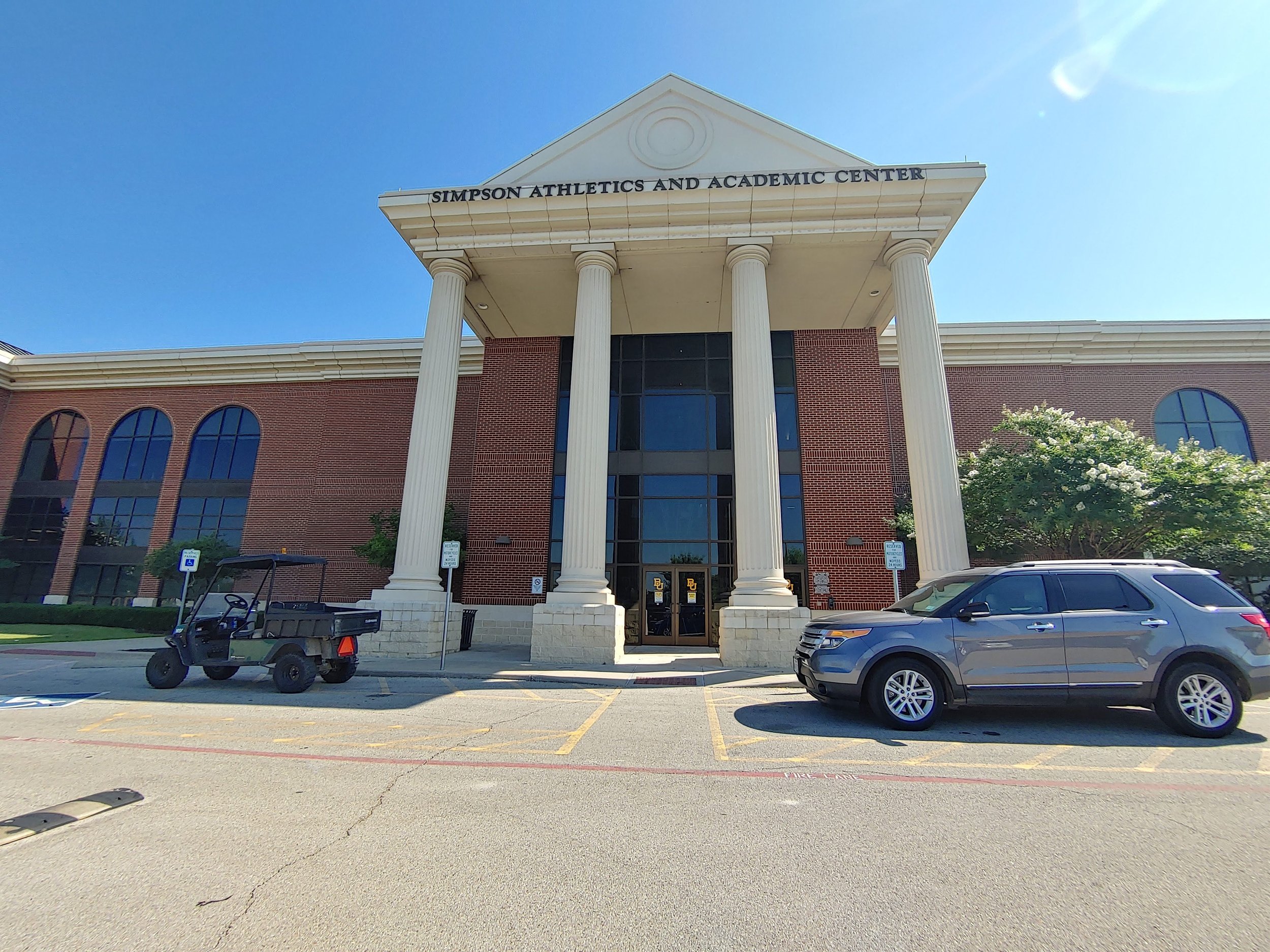
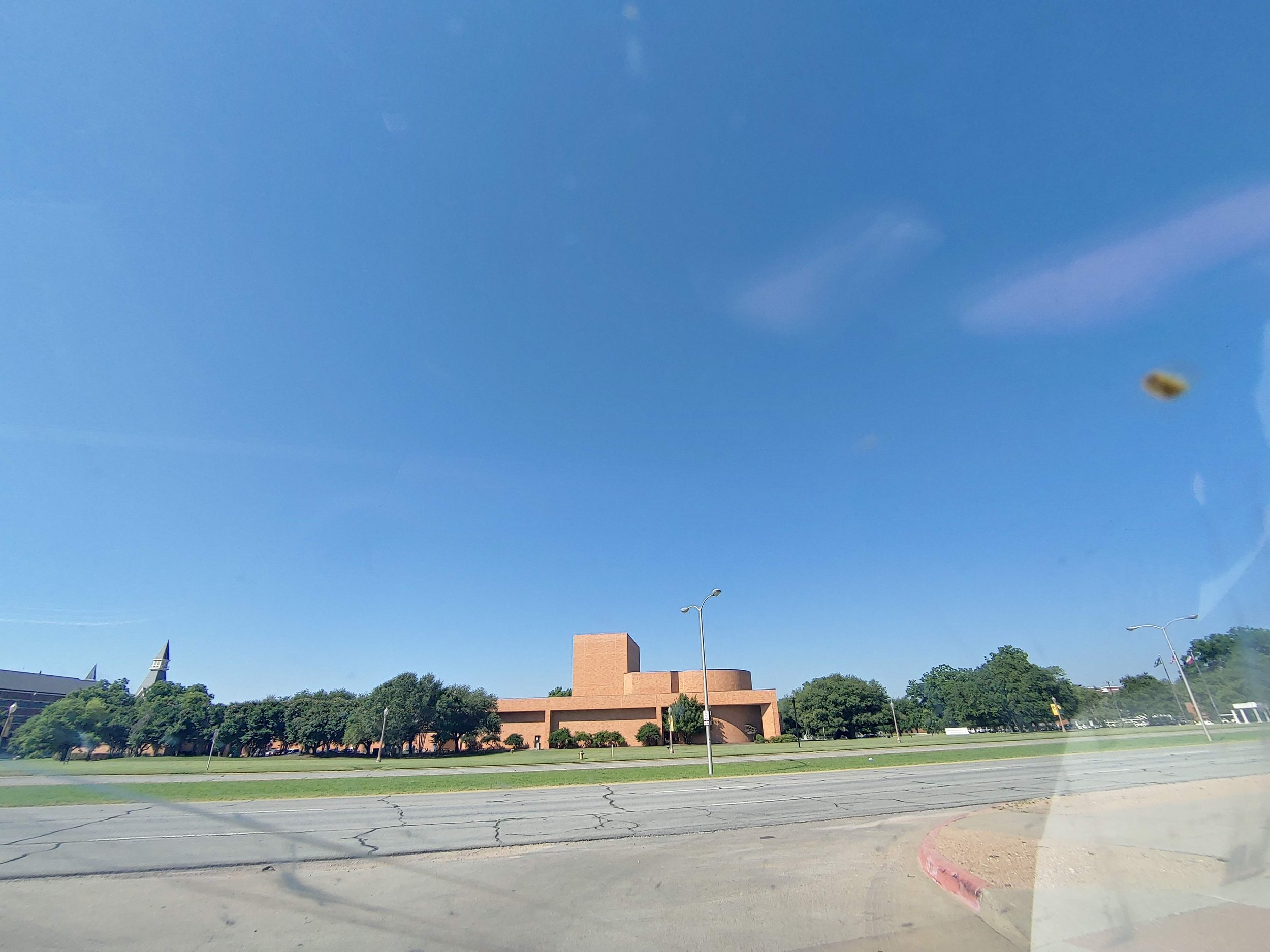
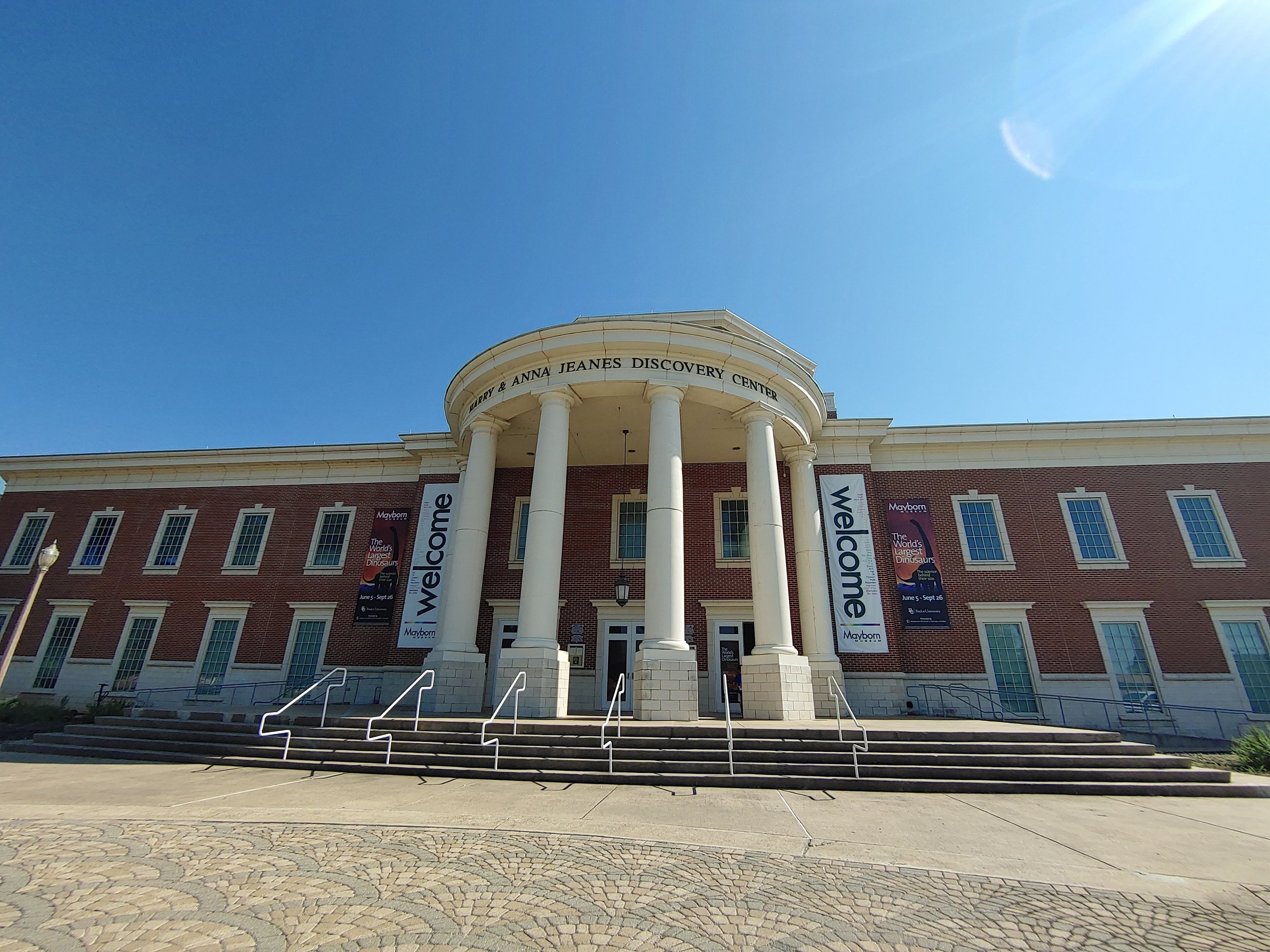
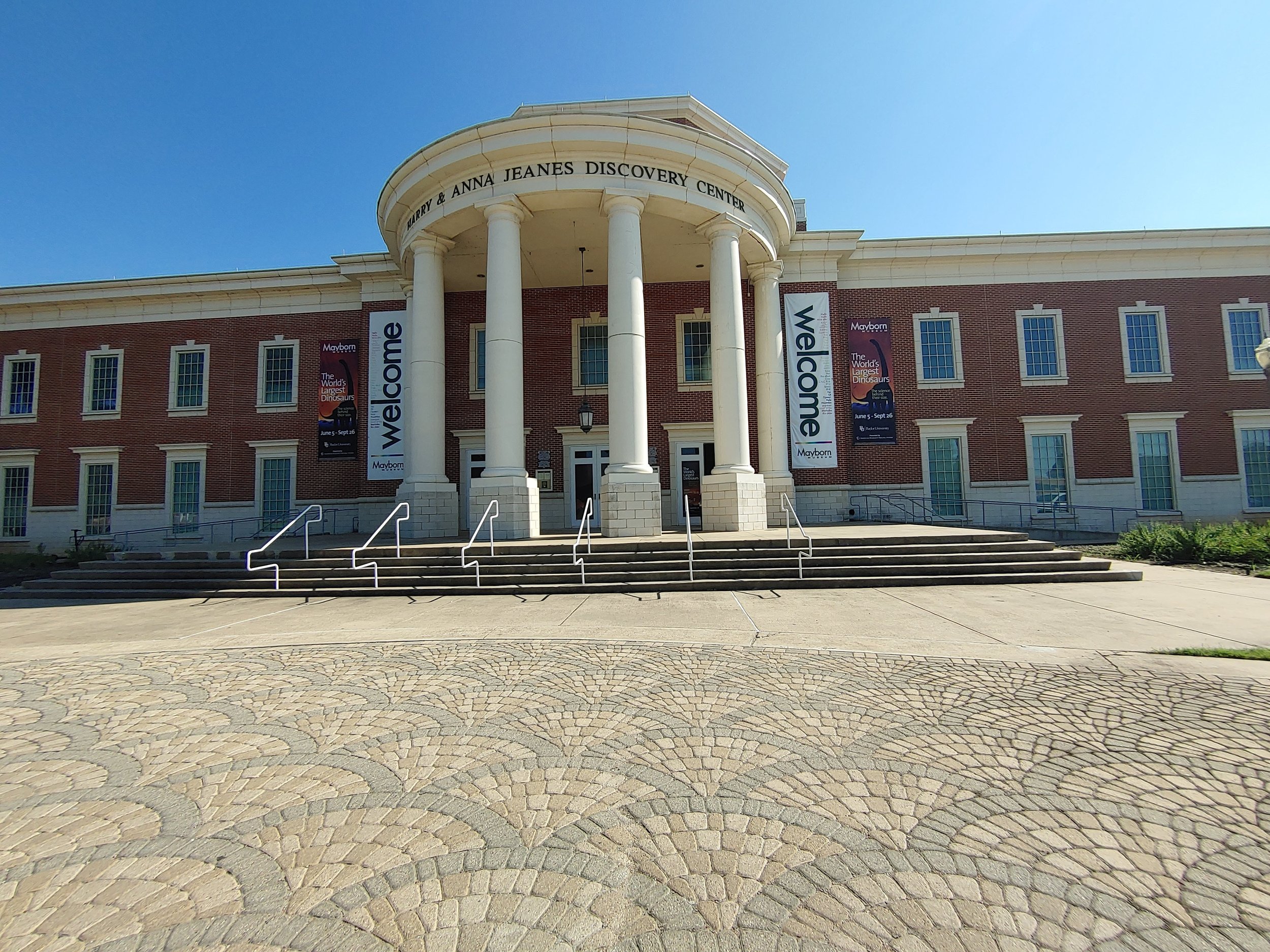
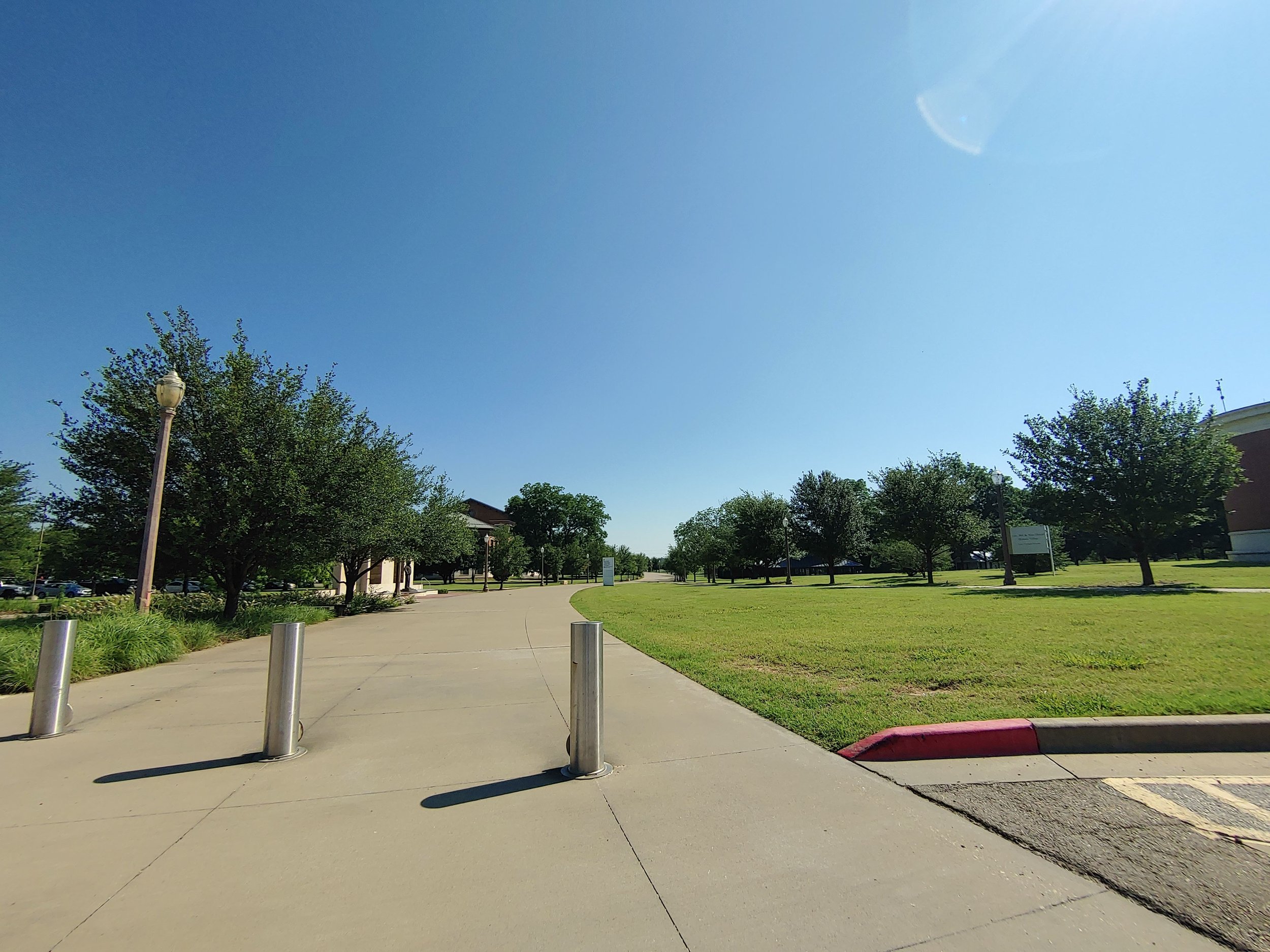
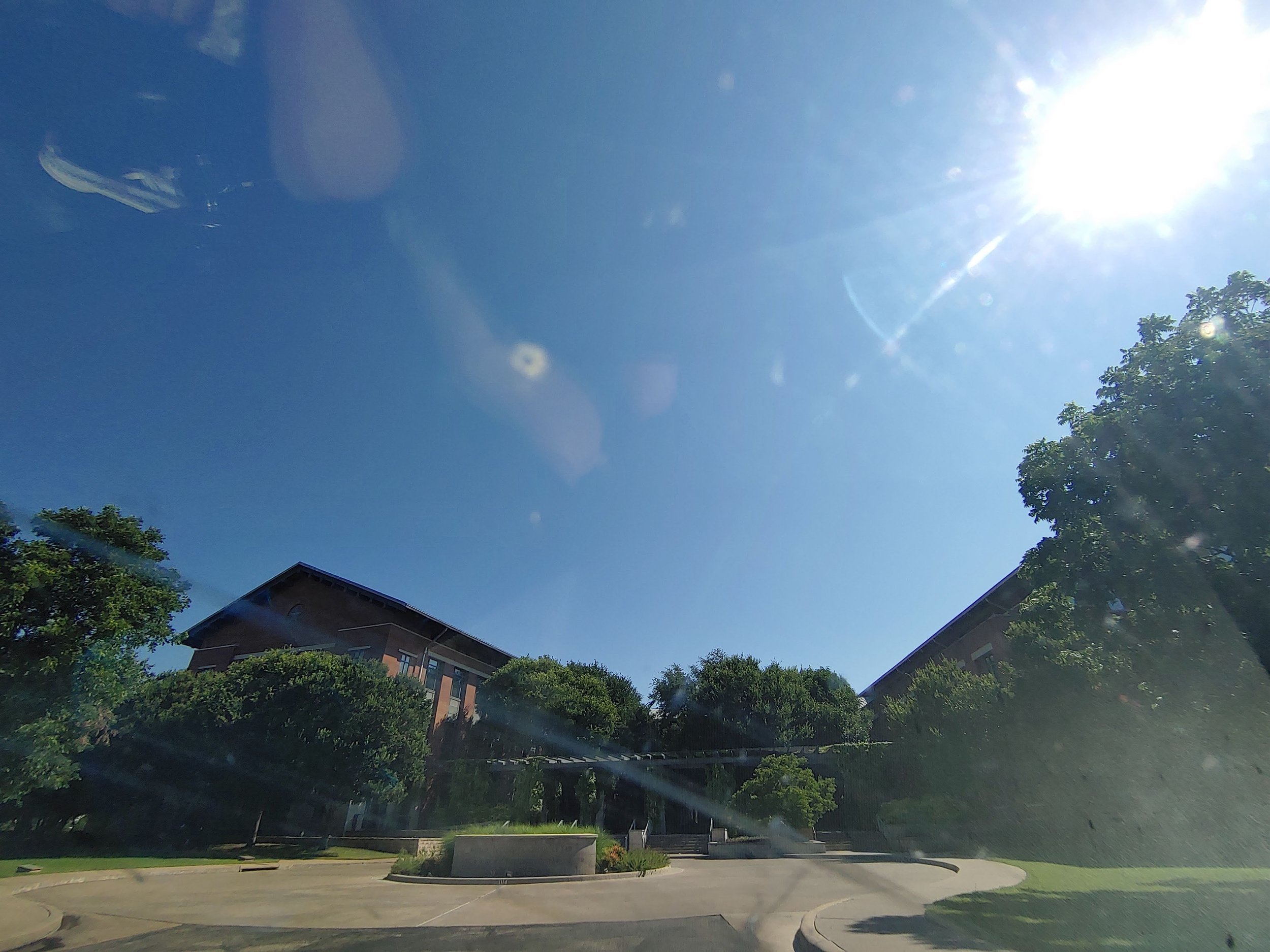
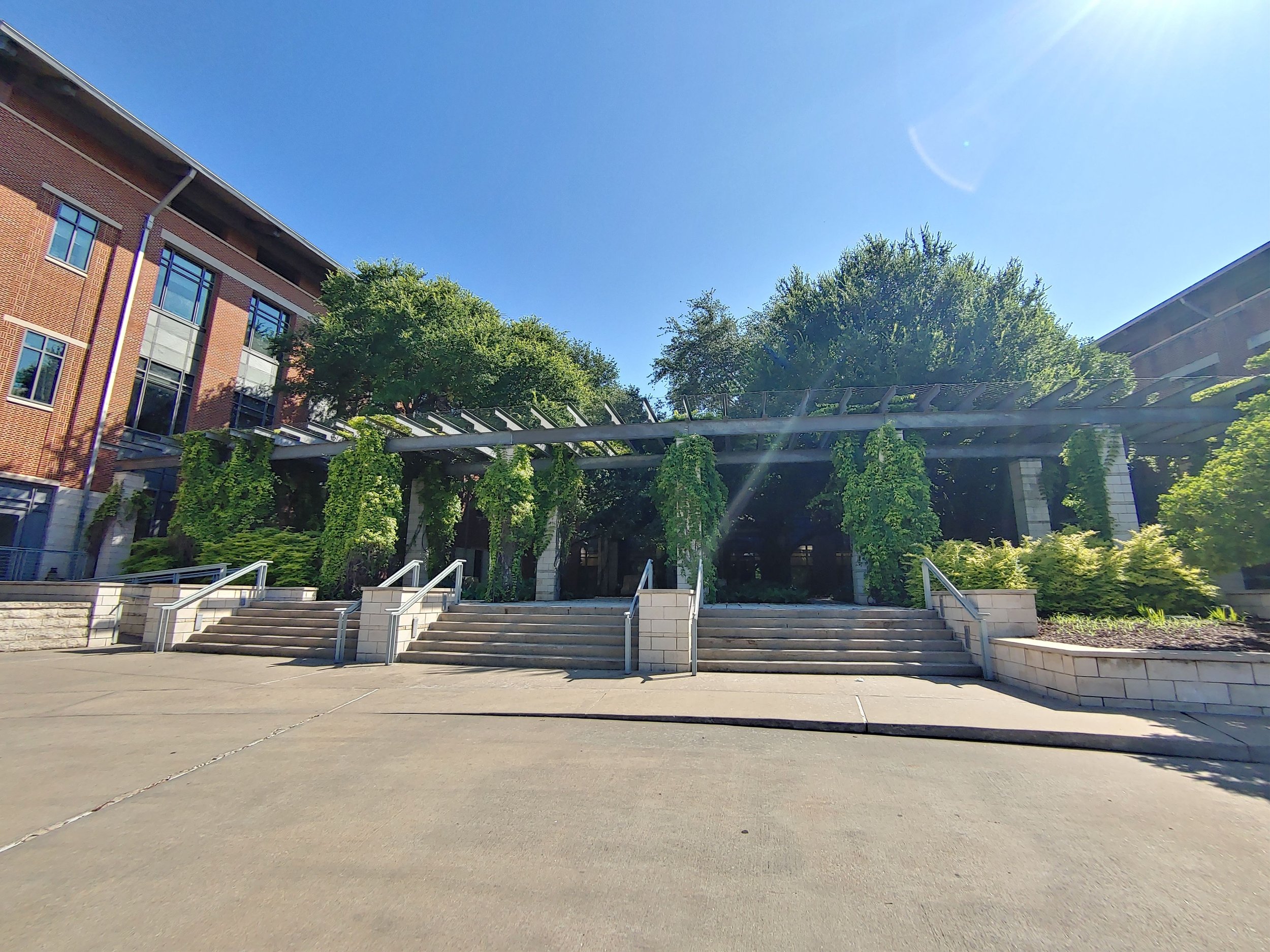
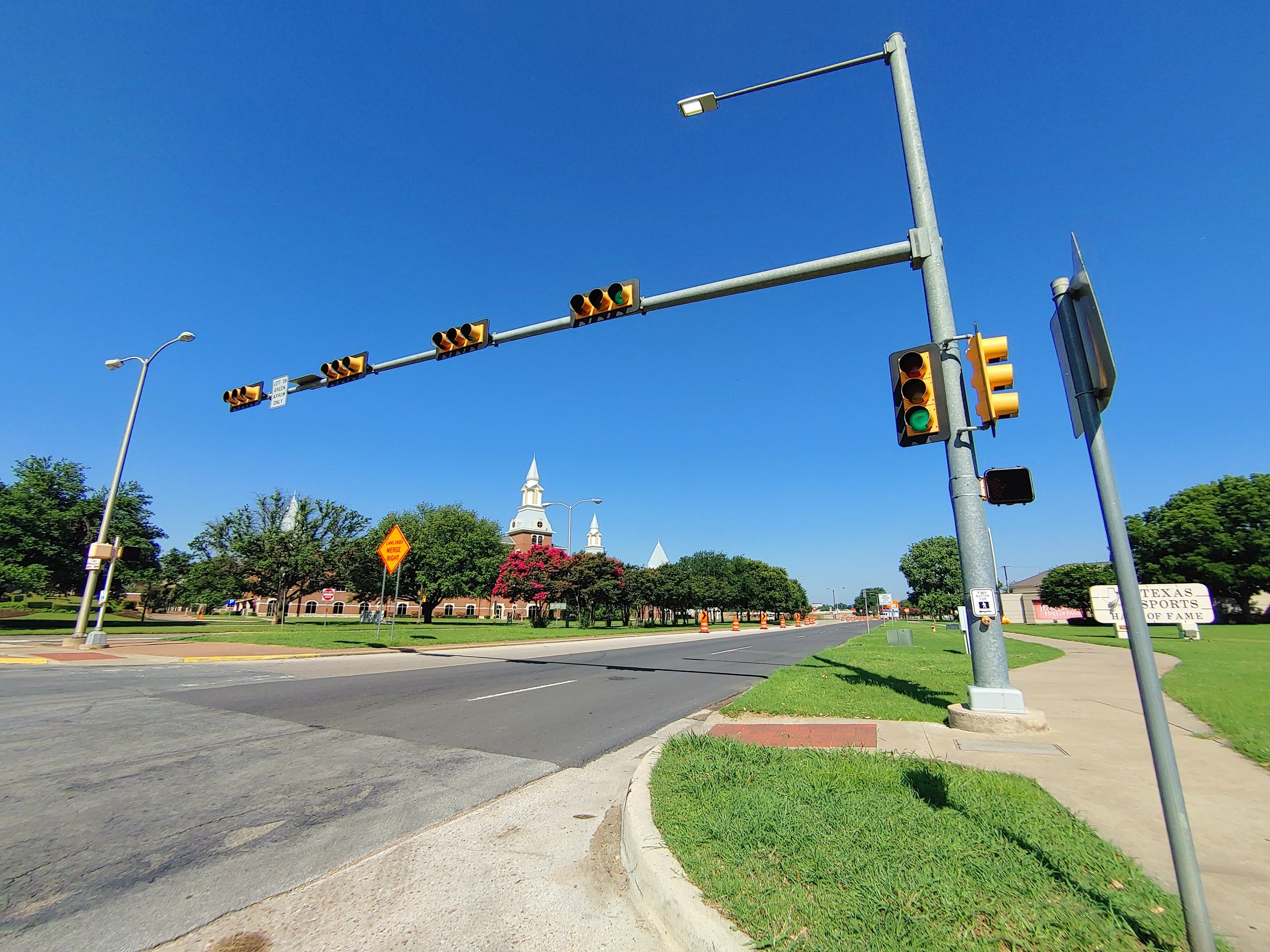
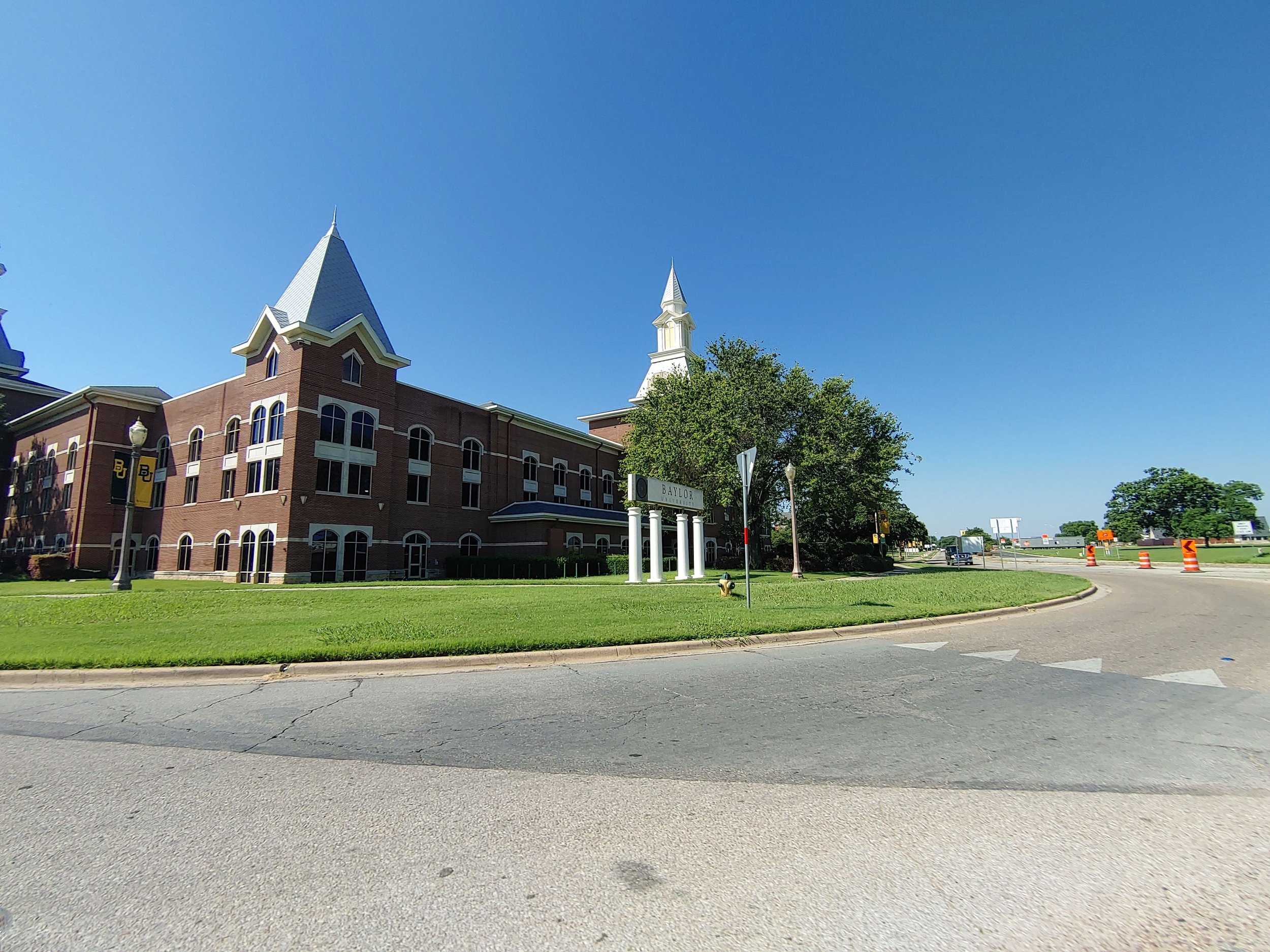
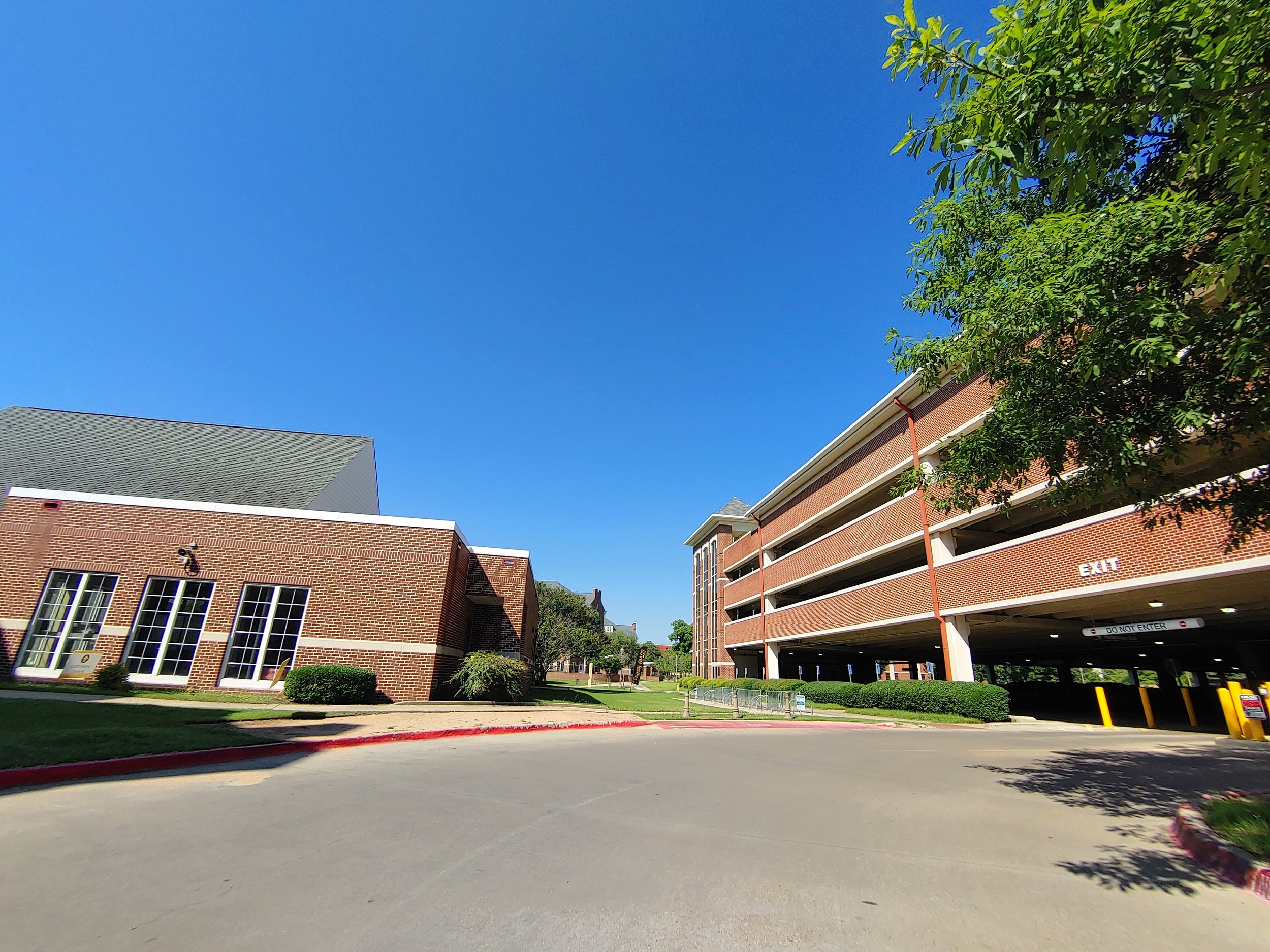
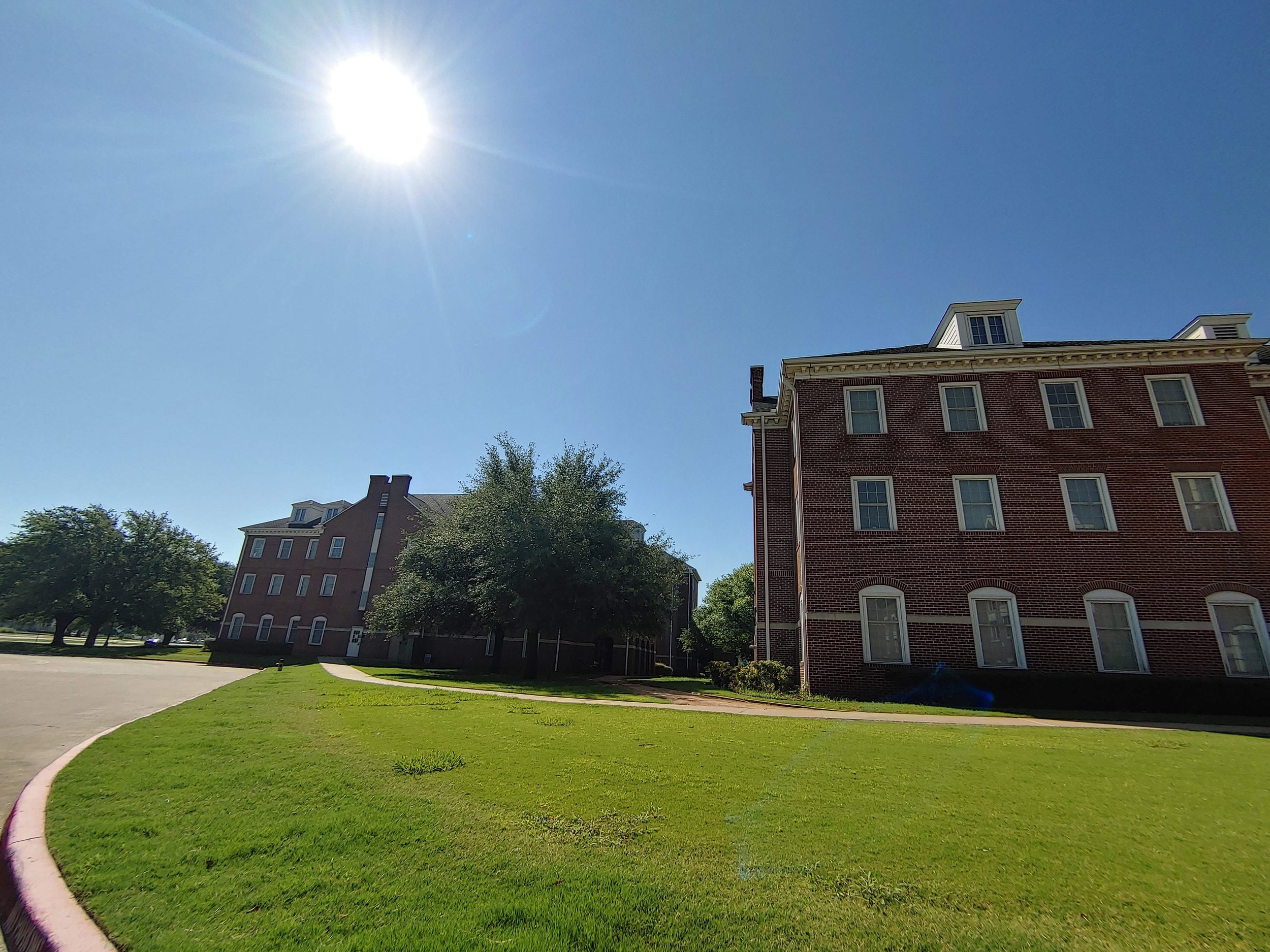
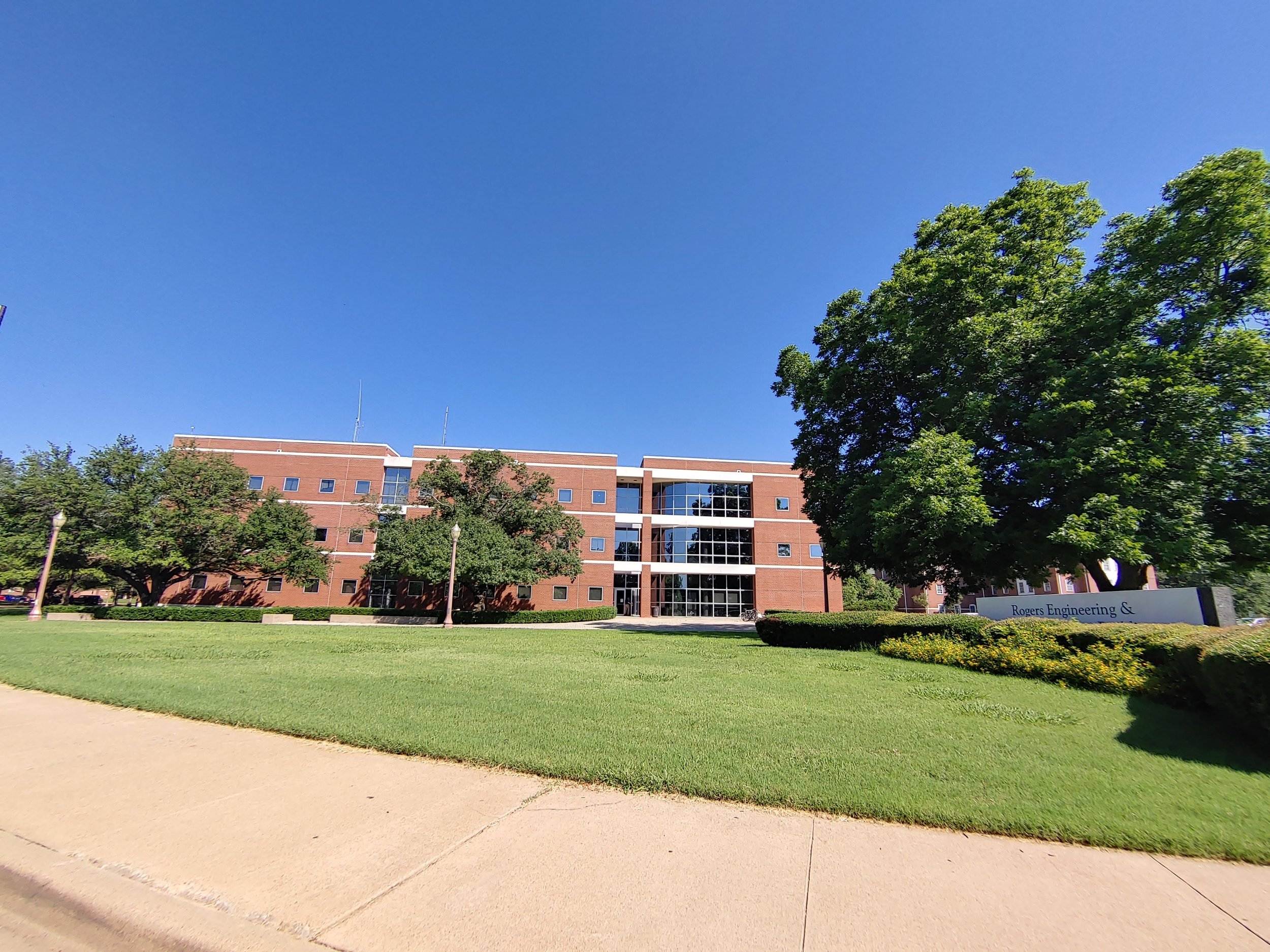
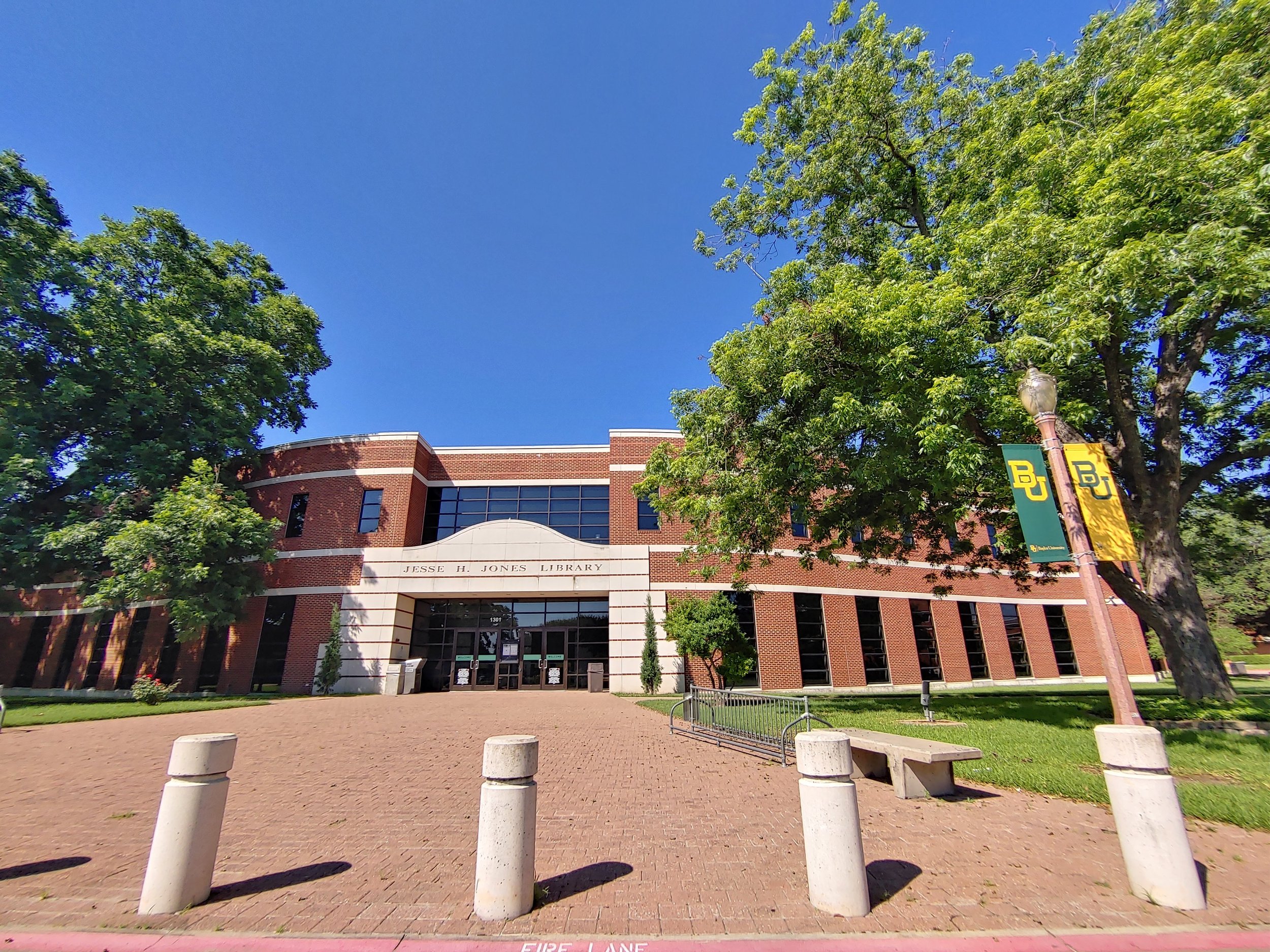
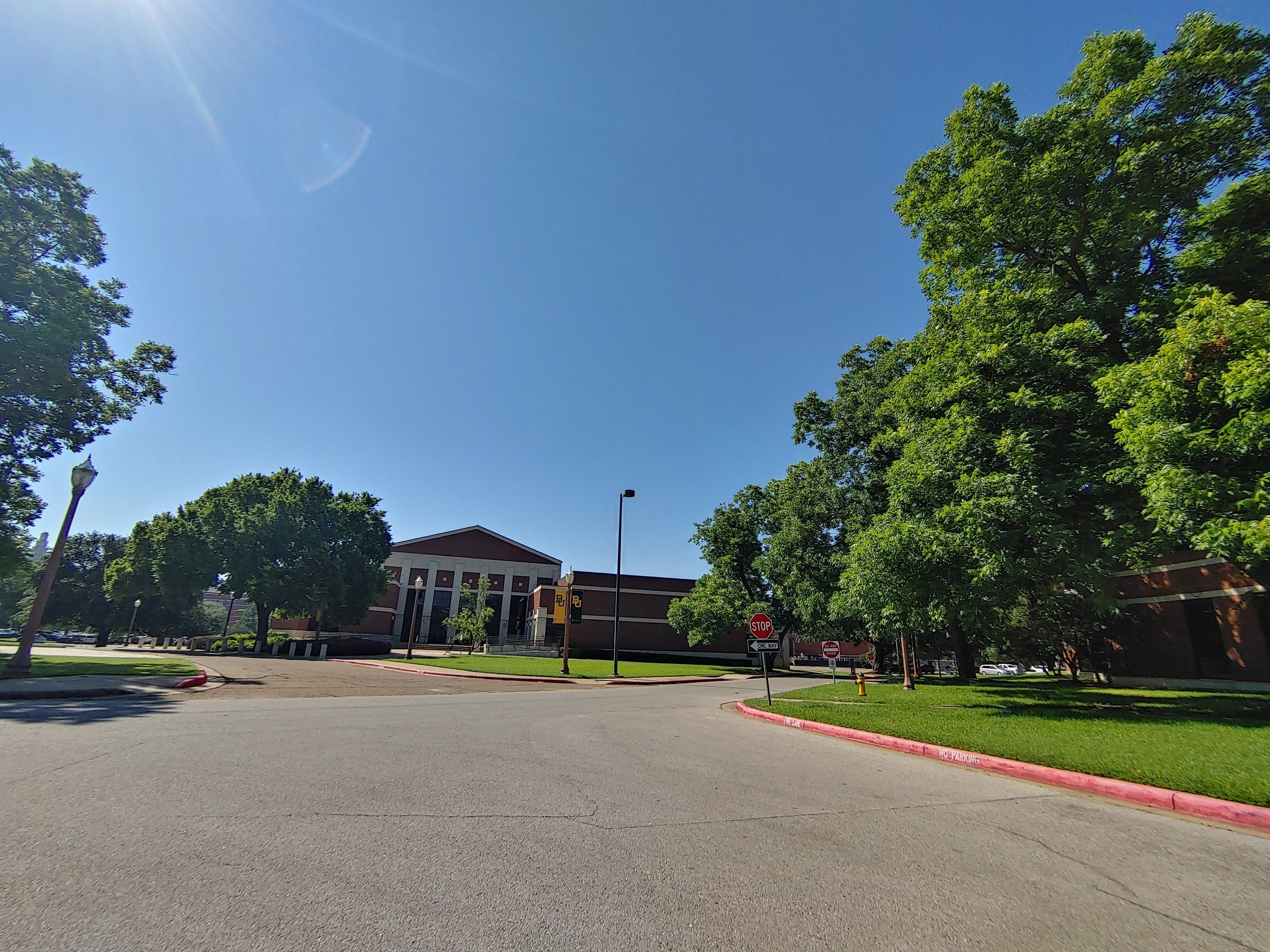
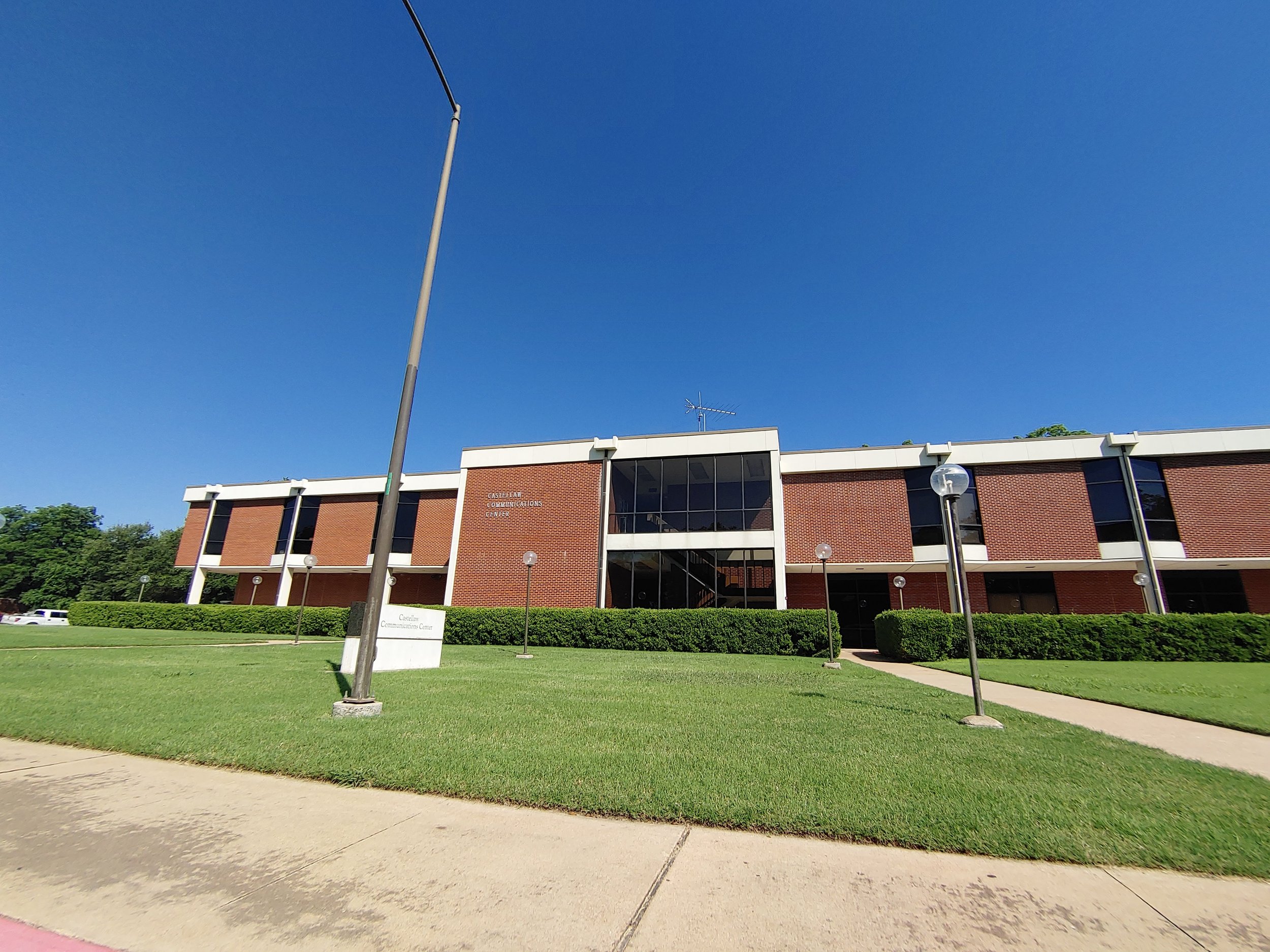
The largest and best-endowed Baptist university anywhere, Baylor has set its sights on becoming a leading research university. Atmosphere is avowedly Christian, but religious image has been tarnished by continuing controversies over how it has dealt with allegations of sexual assault. Strong sense of community, especially when it comes to Saturday afternoon home football games.
Baylor University offers students a solid Christian-influenced education at a bargain price. The university was founded in 1845, 10 months before Texas became a state, and its Baptist tradition fosters a strong sense of community among students and faculty. The school’s strategic plan, Illuminate, promises a slew of changes, such as lowering the student/teacher ratio, building new residence halls while renovating old ones, and investing in resources to become a top-tier research university while enhancing its Christian identity. “Baylor’s commitment to academic excellence and an incredible alumni network ensures a great education and a chance to get a job,” says a junior.
The 1,000-acre Baylor campus abuts the historic Brazos River near downtown Waco, Texas (population 144,000). The architectural style emphasizes the gracious tradition of the Old South, and the central part of campus, the quadrangle, was built when Baylor moved from Independence, Texas, in 1886. The campus has been witness to a number of renovations and new construction, including the Foster Campus for Business and Innovation.
Core requirements in the College of Art and Sciences include a standard distribution of coursework in several liberal arts areas as well as two religion courses and two semesters of Chapel, a series of lectures and meetings on various aspects of faith and Christian service. All new students take a New Student Experience course in the fall, and everyone completes a Cultural Events Experience. The Honors College oversees the honors program (which offers opportunities for course integration and independent research) and the University Scholars Program (which waives most distribution requirements).
Of Baylor’s more than 125 undergraduate degrees, some of the most popular include nursing, accounting, biology, communication, and marketing. Computer science, communication sciences and disorders, and business programs are well regarded. More unusual options include institutes focusing on environmental studies and childhood learning disorders, a new minor in military studies, and a major and minor in Great Texts, an interdisciplinary program exploring “the richness and diversity of the Western intellectual heritage.” The archaeology and geosciences departments benefit from fossil- and mineral-rich Texas prairies. Fifteen percent of students travel on study abroad programs, which send them packing to dozens of countries.
Students say that one of Baylor’s greatest strengths is the sense of campus community, fostered by the emphasis on Christianity and the faculty’s focus on teaching, along with research. The university’s hefty $1.3 billion endowment is the largest among the nation’s Baptist-affiliated schools. Baylor strives to keep classes small-53 percent have fewer than 20 students. Full professors often teach freshman courses, and opportunities for mentored research abound. “While a lot is expected of us, professors are willing to help and students work together to help one another excel academically,” says an environmental health science major.
“The students at Baylor tend to be kind, involved, and driven,” says a finance and economics major. “They differ from some of our closest rivals mainly because of the spiritual influence that many students tend to have and seek out.” Sixty-four percent of undergraduates are Texans and 25 percent are Baptist; 4 percent are international. African Americans account for 6 percent of the student body, Hispanics 16 percent, Asian Americans 7 percent, and multiracial students 5 percent. The university has launched several initiatives to increase and support diversity on campus, including cultural competence training for students, faculty, and staff. Students vie for numerous academic scholarships, averaging $16,900, and 335 athletic scholarships in 19 varsity sports.
As might be expected on such a conservative, religious campus, dorms are single sex and have limited visitation privileges, which is a complaint among many of the 34 percent of students who call them home. The Faculty-in-Residence program houses one faculty member in each residence hall who plans special events and supports “learning and faith development.” Upperclassmen look off campus for cheaper housing with private rooms and fewer rules, but there has been a push for more students to stay on campus with the recent construction of three residence halls with apartment-style rooms. Students say they feel safe on campus with frequent police patrols. Allegations in 2016 that Baylor failed to comply with gender-equity laws or to respond properly to incidents of sexual violence led to the resignation of the president and football coach. Under new leadership, the university says that it has implemented “more than 100 improvements to infrastructure, policies, and procedures,” including sexual assault training and prevention programs. “I have watched Baylor learn to address its shortcomings and challenges instead of ignoring them,” remarks a senior.
Twenty percent of Baylor’s men and 34 percent of the women belong to a fraternity or sorority, and frats dominate the strong off-campus party scene. “Greek organizations are a big part of the culture at Baylor,” reports a student. “Many students go to parties and violate the drug and alcohol policies.” Alcohol is not served on campus or at campus-sponsored events. Students may also join more than 330 other student organizations, most of which involve a community service requirement. “Common Grounds, an on-campus coffee shop, hosts concerts most weekends,” says one student. “The movies are popular (a ticket costs $5 with a student ID).” Easy road trips include Dallas, Austin, San Antonio, Bryan/College Station, and beaches at Galveston, South Padre Island, and Corpus Christi. Most destinations are within a two-and-a-half-hour drive, students say, making a set of wheels a big help, if not a necessity.
Highlights of Baylor’s social calendar include the weekly Dr Pepper Hour with free soda floats and Diadeloso (Day of the Bear), when classes are canceled for a day in April in favor of a campuswide celebration. Christmas on 5th Street, organized by Student Life, gives students an opportunity to enjoy the annual Christmas tree lighting, concert, and other holiday festivities. The school also has the largest collegiate homecoming parade in the nation.
When it comes to football, remember: you’re in Texas. The Division I Baylor Bears play in the $266 million McLane Stadium. Freshmen wear special custom jerseys to games and take the field before the players, then sit together as a pack. “It’s a very awesome part of the freshman experience,” one student says. But recently it’s basketball that has caused the excitement. The women’s team won the national championship in 2019, and the men did likewise in 2021. Acrobatics and tumbling are also recent national champs. Recent conference winners include equestrian, baseball, women’s soccer and volleyball, and men’s golf and tennis. For weekend warriors, the McLane Student Life Center offers the tallest rock-climbing wall in Texas. The university maintains a small marina for kayaking and paddleboating, and several lakes with good beaches, fishing, and watersports are nearby. Popular intramurals include flag football, volleyball, and the country’s largest collegiate dodgeball tournament.
“Baylor is a Baptist institution that has been 100 percent commissioned to do God’s work in education,” states one student. As the university struggles to put its sexual assault scandals in the rearview mirror, students looking to focus on strong academics, community involvement, and discovering their vocational calling may find a good fit here.
-Fiske Guide

